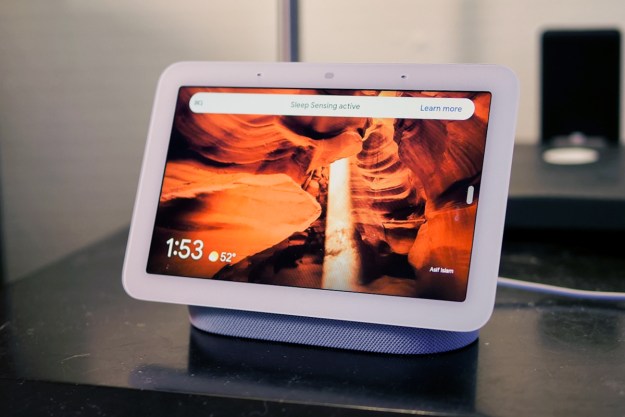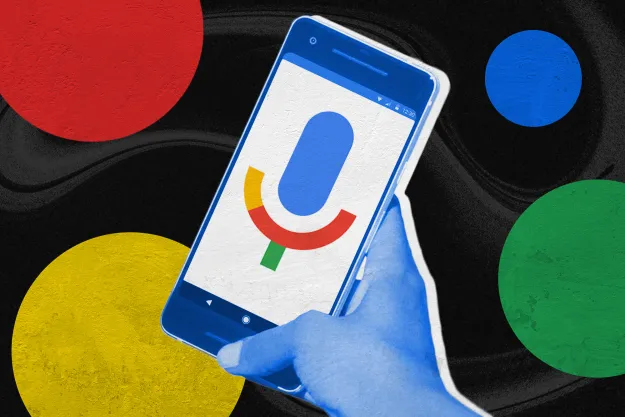Wow, we used to think we were latchkey kids. An obscure, 28-page patent filed in Europe three years ago shows that megacorporation Google is thinking about building a digital babysitter.
The patent, titled “Devices and Methods for Protecting Unattended Children at Home,” describes in very general terms a highly complex and adaptable platform to help new parents or inexperienced babysitters provide a higher level of care to infants and children. The patent content sure makes it sound like a babysitter that is adapted from the basic tenets of Google Home.
After citing potential hazards to children in the home, the documents reads, “Accordingly, there is a need for improved devices and methods for protecting unattended children in a home or other structure. Such devices and methods optionally complement or replace conventional methods for protecting unattended children in a home or other structure.”
The system would integrate with a “smart home provider server system,” presumably another Google interface, and connect to 10 or more devices to help provide monitoring and safeguards for kids.
An example cited in the patent shows the system issuing an alert to a parent that reads, “There is an unattended child in the study room. Unused electrical outlets in the study room have been disabled.” Parents would also be offered the option to cancel or modify the child-protection alert as needed. The patent also sites features like blinking lights or audio warnings to express that a child is unattended.
The system, through a highly complex series of modules — including an occupancy module, motion data module, an ambient light monitor, and an occupancy-determination module — could control plugs and sockets, smart appliances, cameras and even lock doors on command. The patent claims the platform is also designed to control a smart HVAC system, water controllers, smoke and CO2 alarms, and security systems.
One system map included in the patent describes a central processing system that could process extrinsic information from the internet such as weather forecasts and neighborhood data. Another set of paradigms seems to be designed to connect to managed services such as security response, as well as advertising, communication, and social platforms.
Extending the logic of the patent, Google’s digital babysitter could also be used in situations where a parent has to dash out to run an errand, a parent has been delayed in traffic, or during an accident or an emergency. The system could also potentially be adapted to augment senior care centers or assisted-living facilities.
As usual, Google is keeping mum on the subject. In response to inquiries about the patent, the company issued its boilerplate non-response.
“We hold patents on a variety of ideas — some of those ideas later mature into real products or services, some don’t,” a spokesperson said. “Prospective product announcements should not necessarily be inferred from our patents.”
The babysitting platform could also be a natural application of its A.I.-powered security system, for which it filed patents recently.
Editors' Recommendations
- The most common Google Home problems and how to fix them
- Does the Pan-Tilt Mount work with the Blink Mini 2?
- Google rolls out new Nest Cam features to Google Home for web
- Does the Ring Stick Up Cam Pro rotate or swivel?
- The most common Google Nest Mini problems and how to fix them


